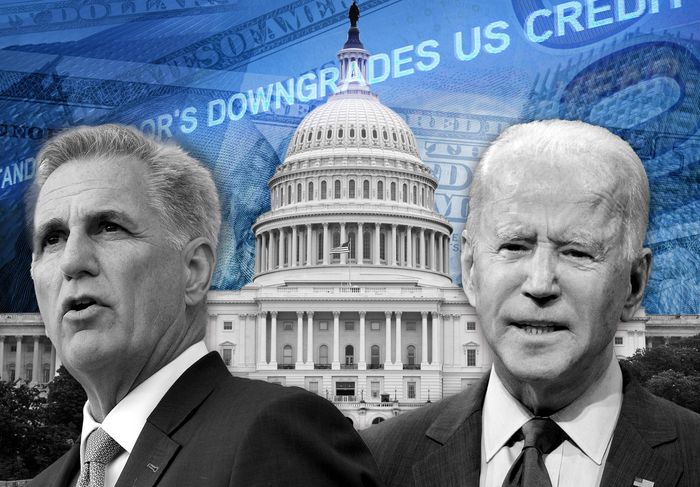If the U.S. risks breaching its debt ceiling in June, it means that unless Congress raises the limit on how much debt the country can have, the U.S. government could default on its obligations. This would have serious implications for the U.S. and global economy.
When the debt ceiling is approached or breached, it usually leads to increased market volatility and economic uncertainty. Investors, both domestic and international, may lose confidence in the U.S. government’s ability to manage its fiscal affairs, which can drive up the borrowing costs for the government as well as for businesses and consumers.
If interest rates rise as a result, it becomes more expensive for banks to borrow money. This could limit their ability to loan funds to businesses, making it harder for these businesses to finance their operations or invest in growth. This, in turn, could slow down economic activity and potentially lead to a recession.
Business owners, faced with the prospect of higher interest rates on bank loans, might then start looking for other forms of capital. They might seek out venture capital or private equity funding, issue bonds or stocks, or use alternative lending platforms. Some might also consider more drastic measures, such as selling assets or cutting costs.
In this situation, policymakers face a challenging task. They need to manage the debt ceiling issue to maintain investor confidence and economic stability. At the same time, they need to ensure that businesses have access to the capital they need. This could involve measures such as encouraging alternative forms of lending, adjusting monetary policy to keep interest rates low, or implementing fiscal policies to support business growth.

